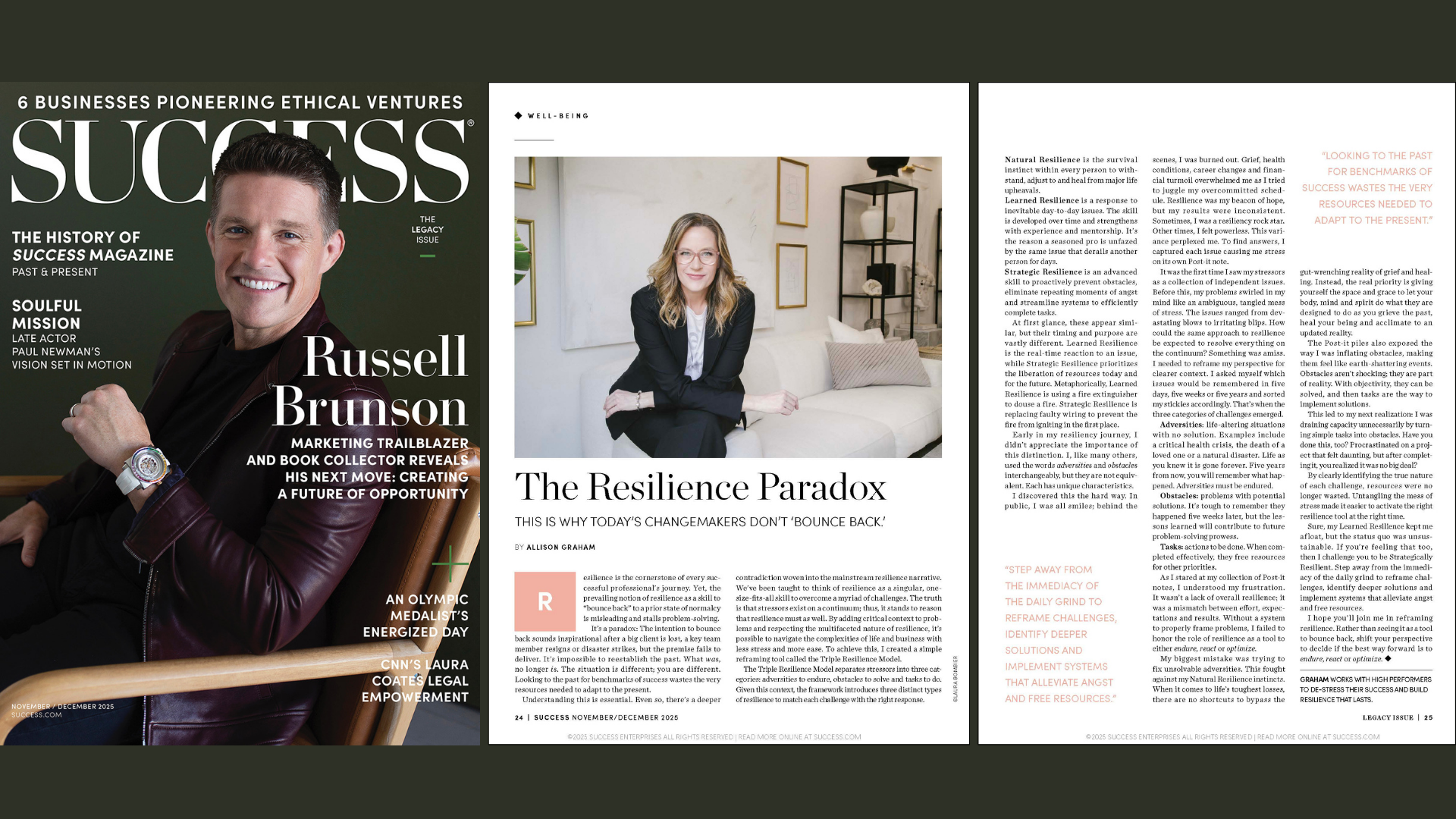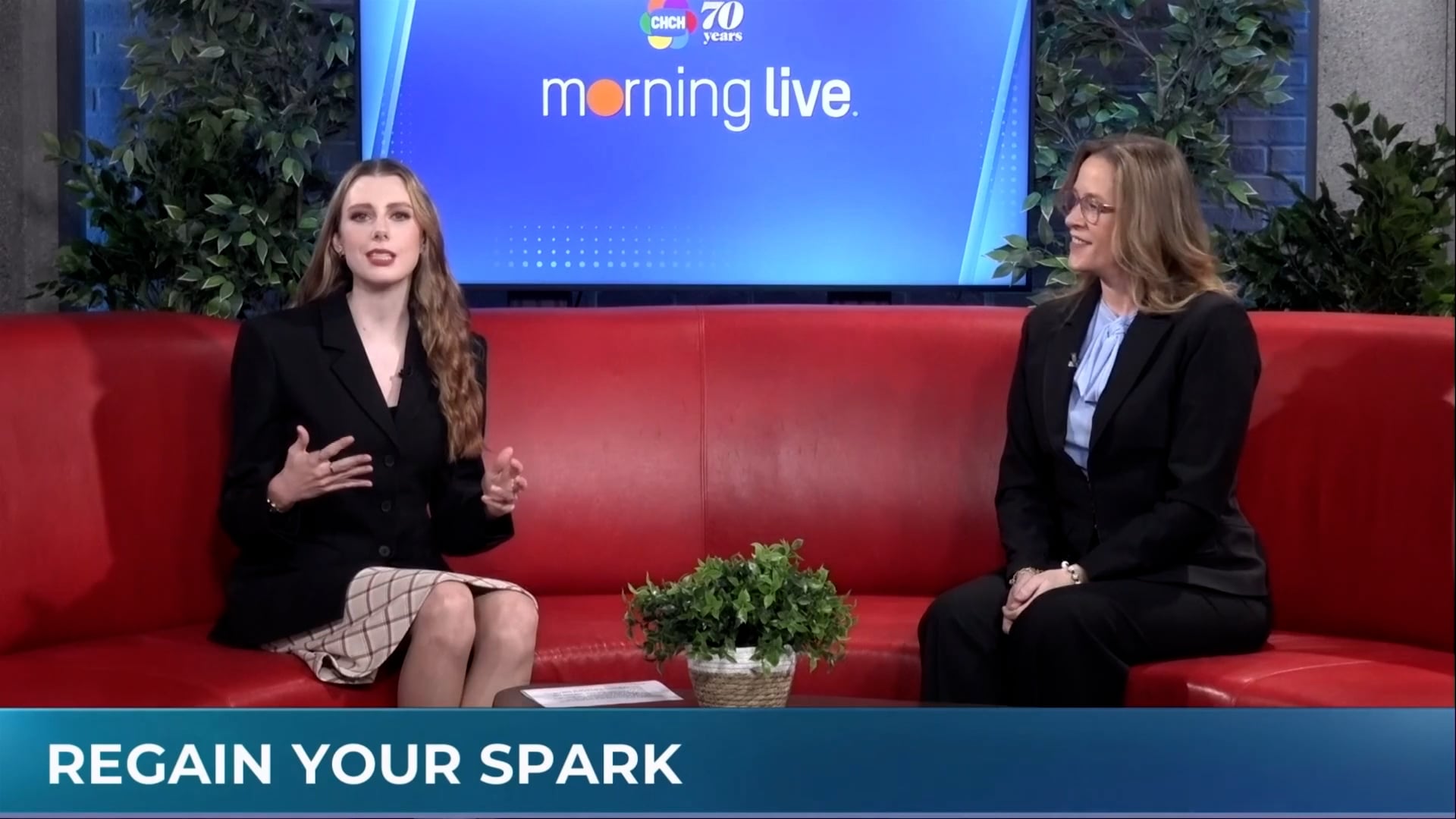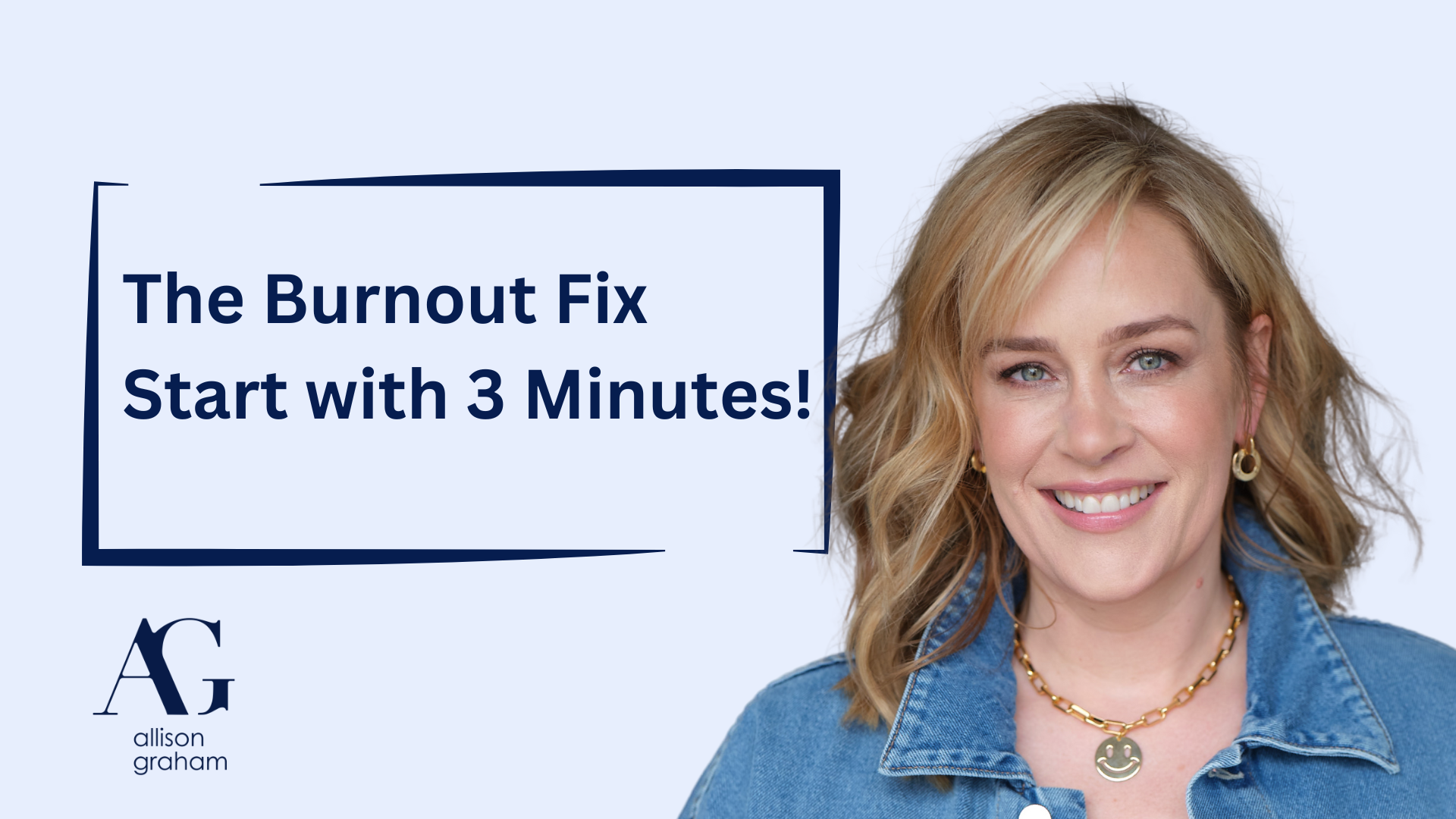LINK TO ORIGINAL ARTICLE BY Rosemary Counter, Special to Financial Post
Rosemary Counter and I could have talked for hours about how to deal with the burnout crisis that is plaguing society. It’s not as easy as just take time off and being told not to stress so much – the solution must go much deeper than that.
Here’s Rosemary’s take on our conversation. The Financial Post shares very valuable content on how to create a compelling corporate culture to win in the talent retention fight. I encourage you to follow their feed!
https://financialpost.com/fp-work/heres-how-to-stop-working-all-the-time-and-take-back-your-weekend
Here’s how to stop working all the time and take back your weekend
First Hand: One executive coach says clients break down in tears over their hated weekend work habits. But there is a solutionAuthor of the article:Rosemary Counter, Special to Financial Post Publishing date: Mar 29, 2022 • April 1, 2022 • 4 minute read • Join the conversation

Article content
Last week, we talked about when and how to unplug. This week, whether you’re back at work with reluctance or relief, let’s talk weekends. Remember those? Two years of at-home offices, late and strange hours, and not being able to get out much have blurred weekdays and weekends into one stressful, round-the-clock grind. We asked Allison Graham, executive coach and author of Take Back Your Weekends: Stress Less, Do More, Be Happier, how to, well, do just that.
FP Work: How did this book come to be?
Allison Graham: The idea came from a retreat I was at where suddenly an executive burst into tears. Through sobs, he said, “I’m so scared I’m going to miss my kid’s childhood. I work every Saturday and Sunday and I just can’t stop.” This is the boss! He could stop anytime. I told him right there that it was time to take back his weekend, which was just a throwaway line at the time, but it eventually became the book. Everybody needs a break, but the thing is you don’t just get it, you need to take it.
FP Work: But isn’t work supposed to just give it to me? I thought that was the system.
AG: It is, technically. In practice, not so much. There needs to be a system-wide initiative where you’re the odd-person-out if you try to work on the weekend or late at night. Now I want to be clear: If you love working on the weekend, or do your best work late at night, there’s no judgment from me — if you want to do it and it’s a choice. But don’t do it because you’re overwhelmed and you feel guilty and powerless.
Executive coach Allison Graham. PHOTO BY COURTESY ALLISON GRAHAM
FP Work: How bad is this problem, really?
AG: I would say most people at any kind of senior or executive level are working late or at least some of the weekend when they don’t want to. And you would be absolutely shocked by the number of people who cry about it in front of me. Sometimes five minutes in. I wonder if, as a coach, I give people permission to release these feelings that have been pent-up for years. This problem is not a productivity thing, it’s an emotional thing, with guilt and stress and anger and frustration. Because the truth is, even if it hurts to hear it, you will never get “caught up” on work. There is no such thing and there is always more.
Everybody needs a break, but the thing is you don’t just get it, you need to take itALLISON GRAHAM
FP Work: You just reminded me of this Gertrude Stein quote: “There is no there there.” I think about this all the time actually.
AG: Wow, that’s really good, and your to-do list is just like that. I like to call it a “task circle” because the fact is, when you take something off your list, another (thing) gets added right away. Rather than chasing that feeling of completion, a task circle acknowledges that that moment is fleeting and unsatisfactory. It’s only when you can recognize and accept that there will always be things that aren’t done, and that’s OK, that’s when you can step away and detach from that thing in the back of your mind and actually recharge emotionally. This is the whole point of a weekend, remember.
FP Work: You use a great metaphor about ice cubes. Can you explain?
AG: I tell people to imagine every task you need to do and every obstacle you need to solve in the immediate future as an ice cube. Your job is to melt all the ice cubes as fast as possible. Your best strategy, of course, would be to separate the ice cubes and just wait. But you’re only human, so the tendency is to panic and make a big ice pile. And you also have access to snow, so you start packing it in there too. Guilt is a layer of snow, drama is a layer of snow, worry is a layer of snow. All of this intensifies how much energy it’s going to take to melt the ice cubes.
FP Work: I love an allegory, but how can I actually do better in real time? And what about my beloved to-do list?
AG: If you want something tangible, especially if you’re a big list-maker, I have an exercise for you. Before you finish work on Friday, make a list of things that can wait until Monday. Put them down on paper, or whatever system works for you, and then trust the list and let those tasks live there instead of in your brain.
FP Work: It’s like an anti-to-do list. A do-not-do list! See? I can’t stop.
AG: You know what, if making a list and checking something off of it actually feels good, then yes, do it. But so often the list serves to make you feel busy or stressed or overwhelmed, and if that’s the case, if you look at the list and feel worse, then get rid of it. Pay attention to those feelings and then let them go and go do something that makes you happy instead.
For more stories about the future of work, sign up for the FP Work newsletter







